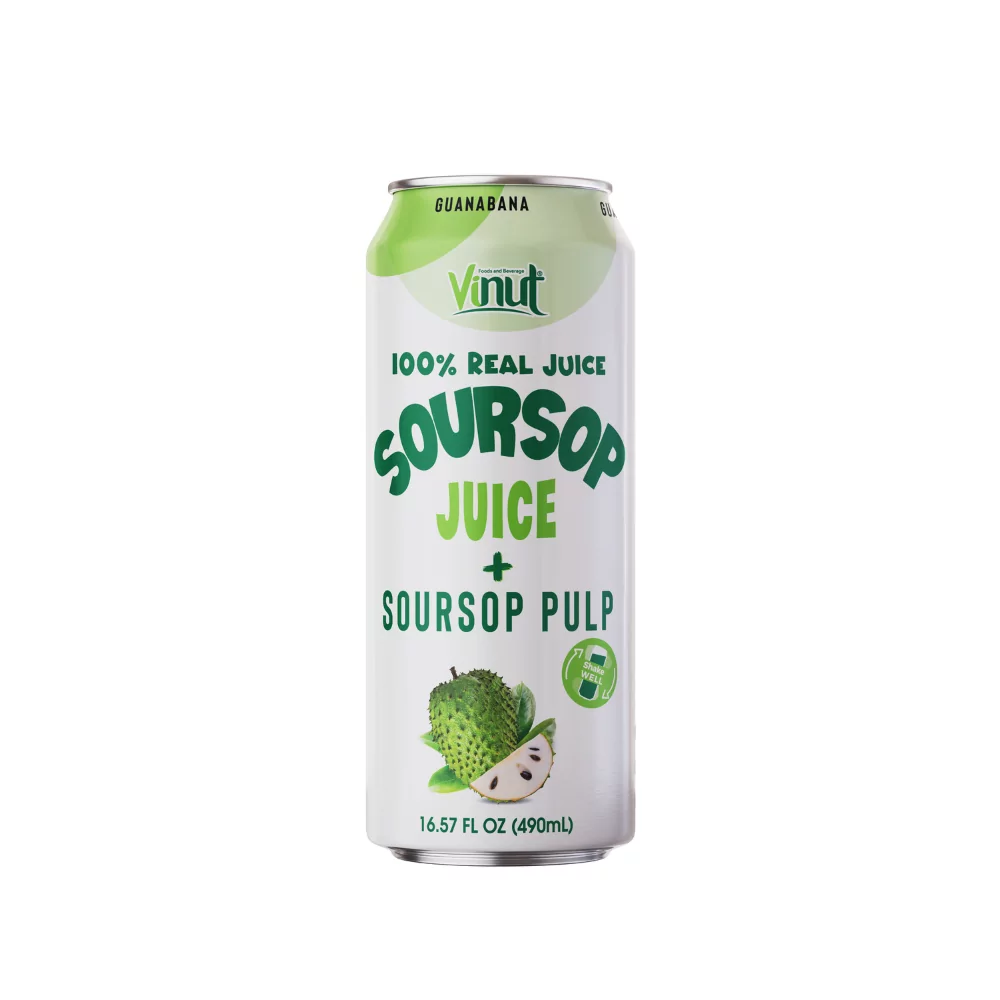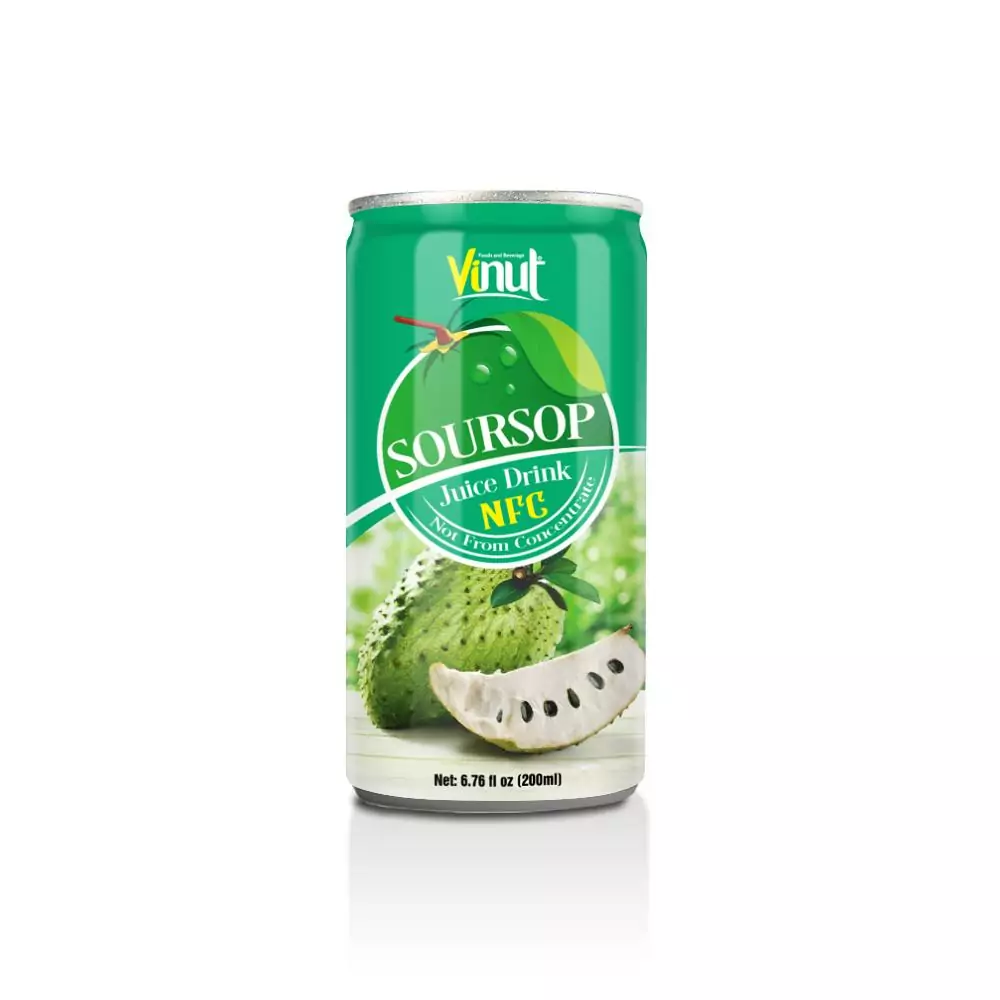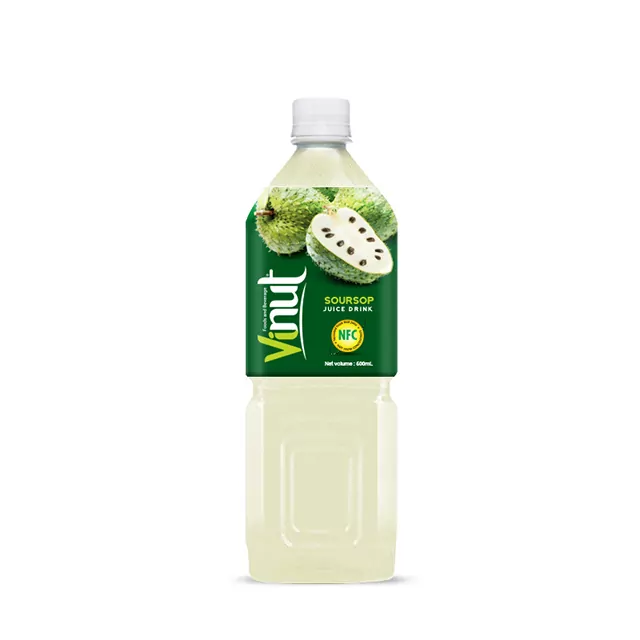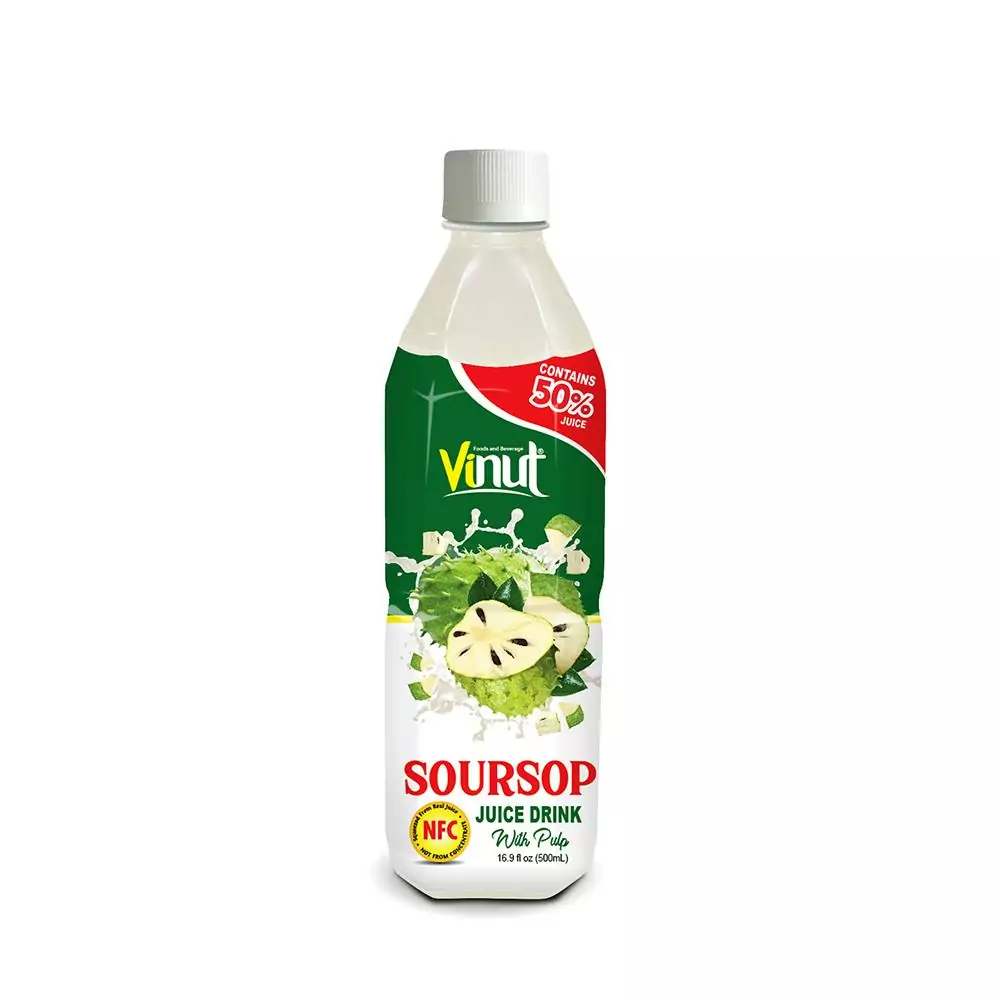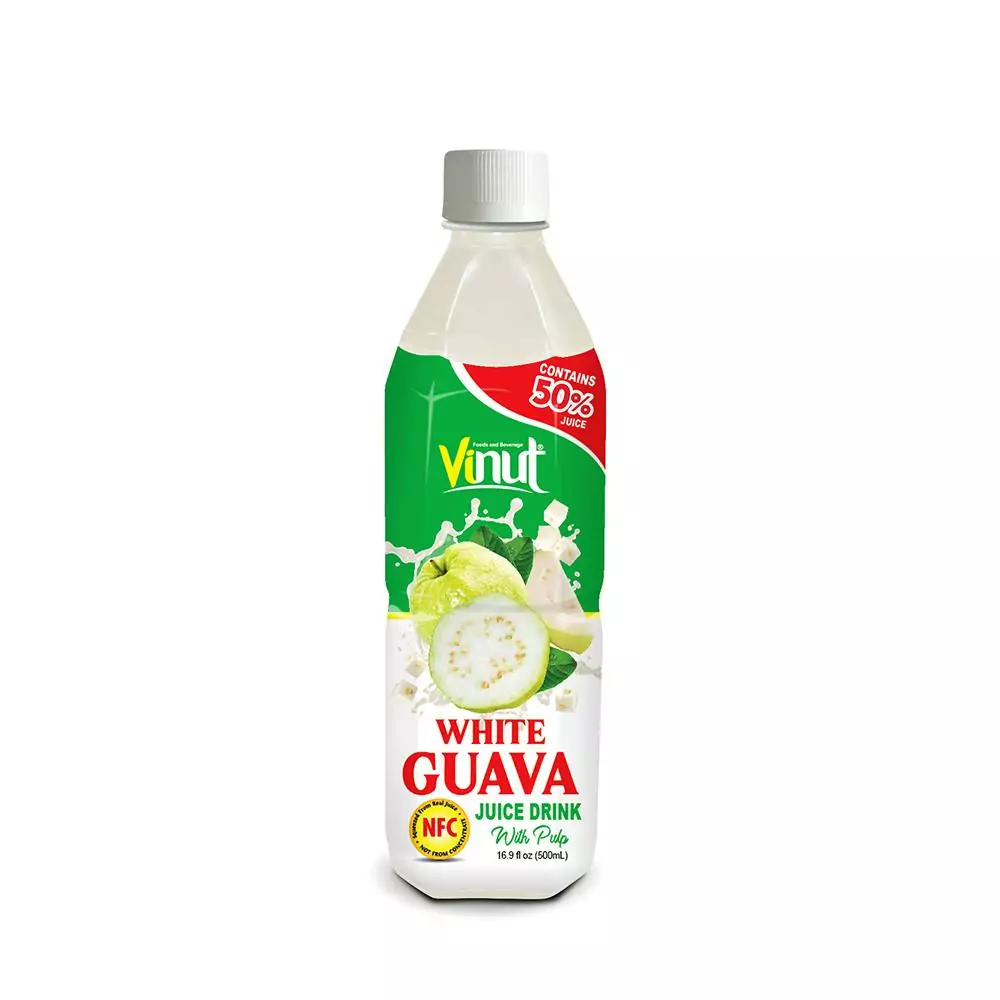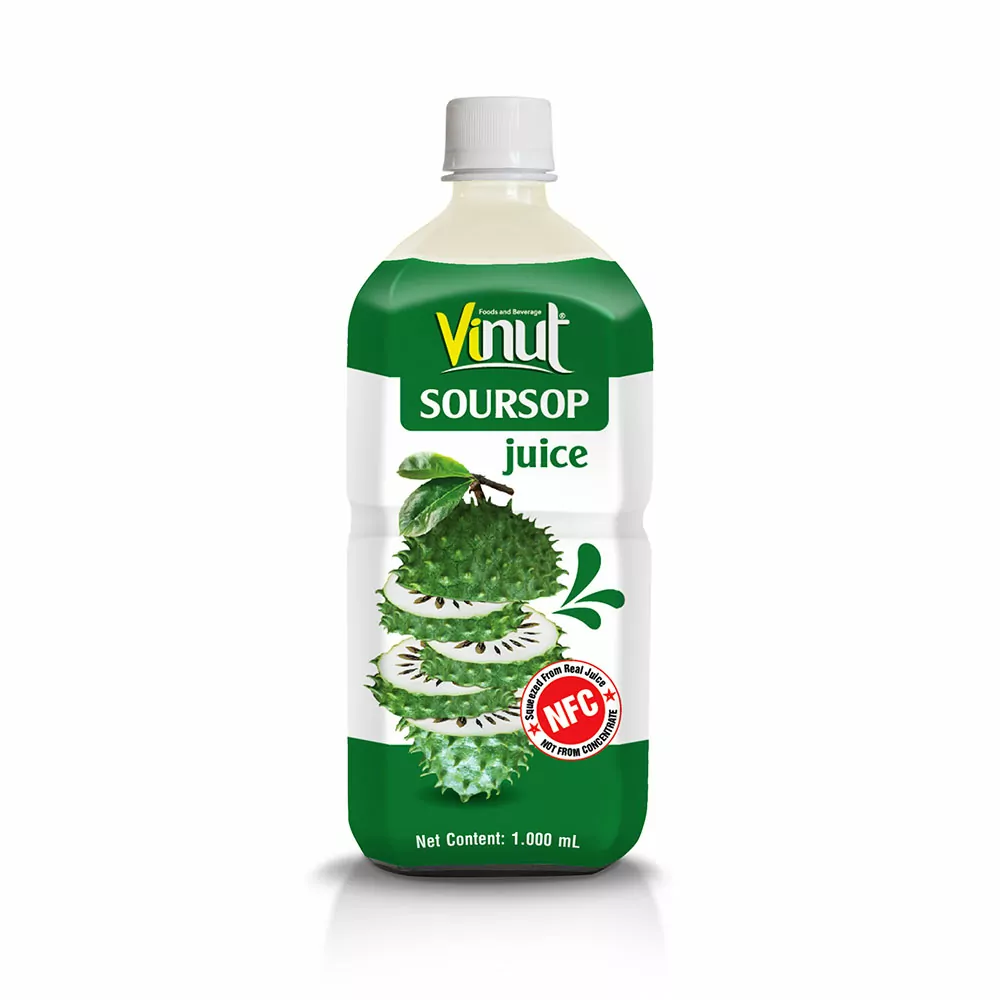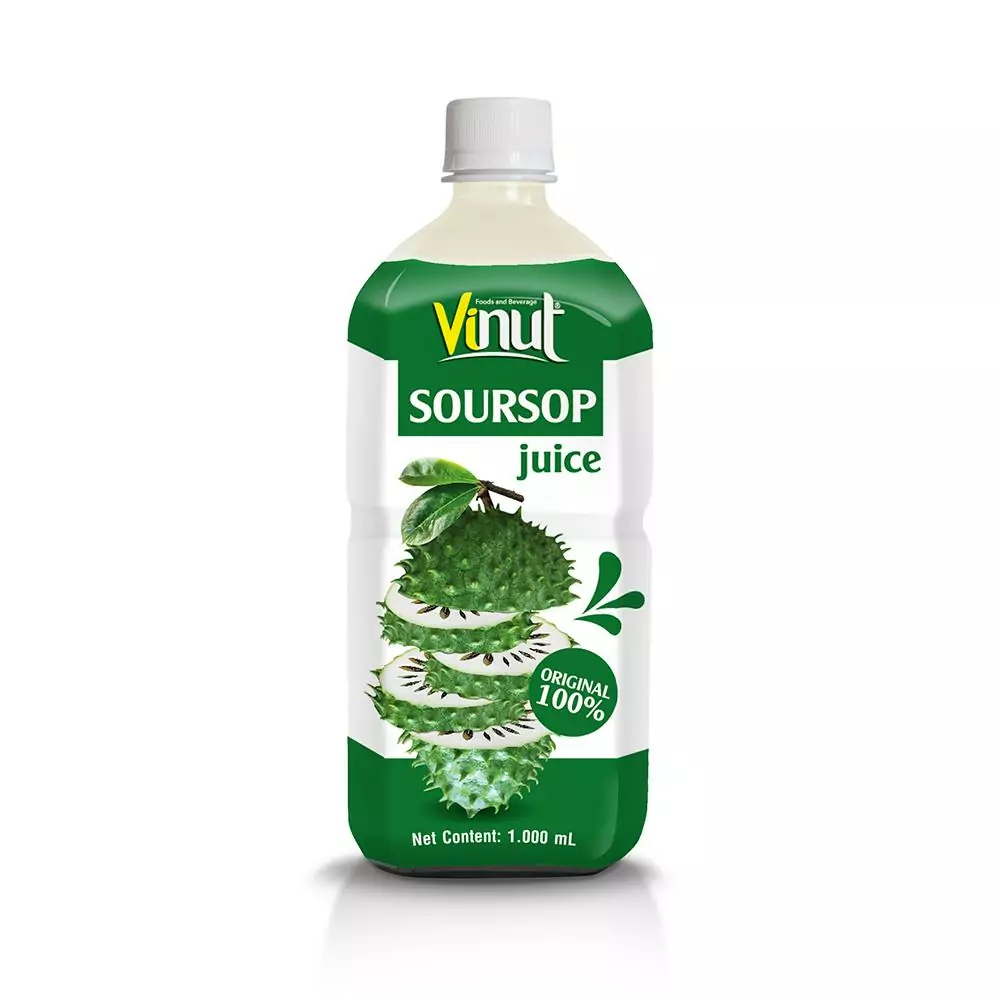What’s Special in Soursop Juice?

What's Special in Soursop Juice?
Summary
Soursop juice, derived from the tropical fruit known for its unique flavor and numerous health benefits, has gained popularity as a refreshing and nutritious beverage. This article delves into the rich history, nutritional profile, health advantages, and delightful recipes associated with soursop juice.
Introduction to Soursop Juice
Soursop, or Annona muricata, is a tropical fruit with a spiky exterior and creamy, sweet-tangy flesh reminiscent of pineapple and strawberry. Native to the Americas and the Caribbean, it thrives in warm climates and is a dietary staple in many regions.
Soursop juice, rich in vitamins and antioxidants, is a simple way to enjoy its benefits. In the sections ahead, we’ll explore its nutritional value, health perks, and easy preparation methods.

Nutritional Profile of Soursop Juice
Vitamins and Minerals
Soursop juice is rich in nutrients, including vitamin C for immune support and skin health, and vitamin B6, which aids brain function and metabolism. It also provides essential minerals like potassium, magnesium, and calcium, supporting heart health, muscle function, and strong bones.
High in dietary fiber, soursop juice promotes digestion, helps regulate blood sugar, and enhances satiety. Additionally, its antioxidants fight free radicals, reducing oxidative stress and the risk of chronic diseases.

Comparison with Other Popular Fruit Juices
In a crowded market of fruit juices, soursop juice stands out with its unique flavor and impressive health benefits. Compared to popular options like orange or apple juice, it often offers higher levels of vitamin C and iron while being lower in sugar when unsweetened—ideal for those watching their sugar intake.
Its creamy texture, derived from the fruit’s pulp, sets it apart from the watery consistency of many other juices, making it a more satisfying and filling choice. With its rich nutrients and delightful taste, soursop juice is a compelling addition to a healthy diet.
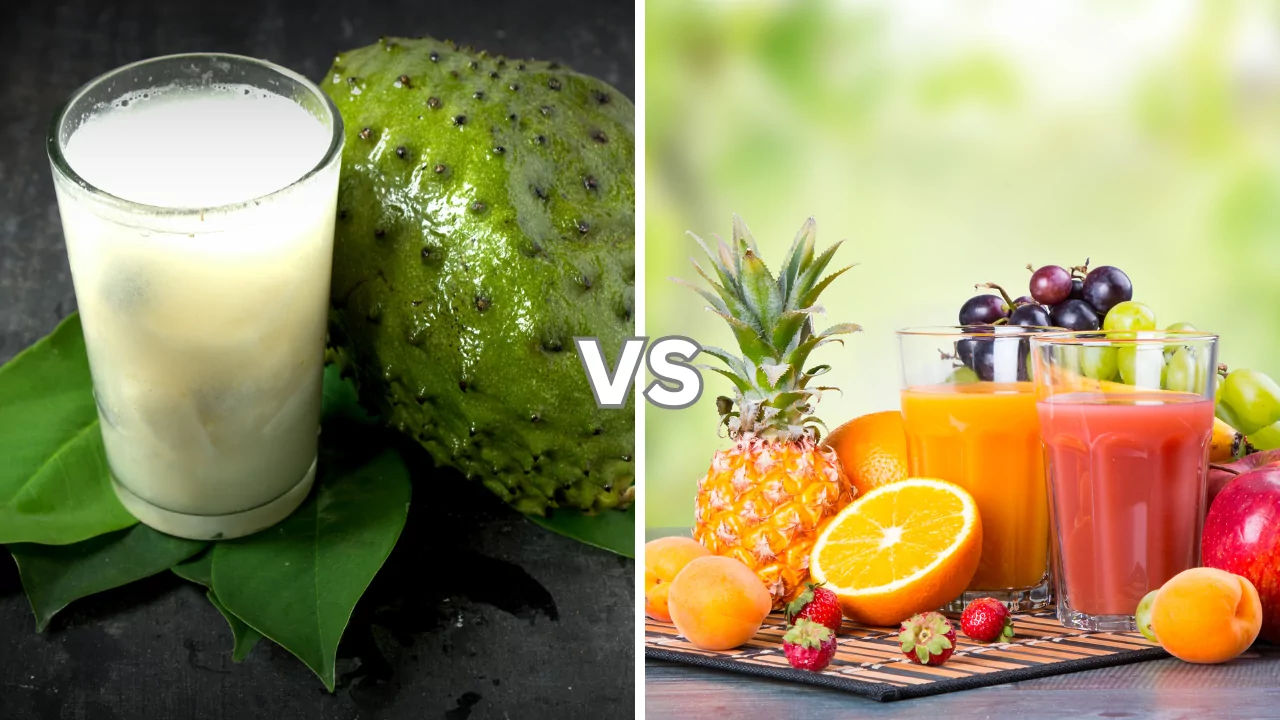
Health Benefits of Soursop Juice
Antioxidant Properties
Soursop juice is rich in antioxidants, which protect the body from oxidative stress caused by free radicals—unstable molecules linked to cell damage, cancer, and heart disease. It contains potent compounds like flavonoids and phenolics, known for reducing inflammation and boosting overall health.
By fighting oxidative stress, soursop juice may lower the risk of chronic conditions and support healthy aging. Incorporating it into your diet can enhance energy levels and promote longevity, highlighting the importance of antioxidant-rich choices for a healthier lifestyle.

Potential Anti-Inflammatory Benefits
Chronic inflammation is a factor in many health issues, including arthritis, heart disease, and autoimmune disorders. Soursop juice contains natural compounds like acetogenins, which research suggests may help reduce inflammation.
Regular consumption of soursop juice could alleviate inflammatory symptoms and promote overall well-being. Enjoying it as a refreshing drink or incorporating it into meals offers a delicious way to benefit from its potential anti-inflammatory properties, supporting a healthier lifestyle.

Boosting Immunity
A strong immune system is essential for defending against infections, and the high vitamin C content in soursop juice plays a key role in boosting immunity. Vitamin C stimulates white blood cell production, crucial for fighting pathogens.
Along with vitamin C, soursop juice contains vitamin B6 and antioxidants that further support immune function. Regular consumption of soursop juice can help strengthen your body's defenses, making it an excellent choice, especially during cold and flu seasons.

Impact on Digestion and Gut Health
Soursop juice can support digestive health, thanks to its dietary fiber, which promotes regular bowel movements and a healthy gut microbiome. Fiber acts as a prebiotic, feeding beneficial bacteria that aid digestion and immune function.
In addition to its fiber content, traditional uses of soursop leaves for soothing digestive issues emphasize the fruit's long-standing role in digestive health. While more research is needed, drinking soursop juice may help improve digestion and relieve gastrointestinal discomfor.

How to Make Soursop Juice at Home?
Making soursop juice at home is easy and ensures you get the freshest, most nutritious drink. Here’s a guide to selecting and preparing soursop for juicing:
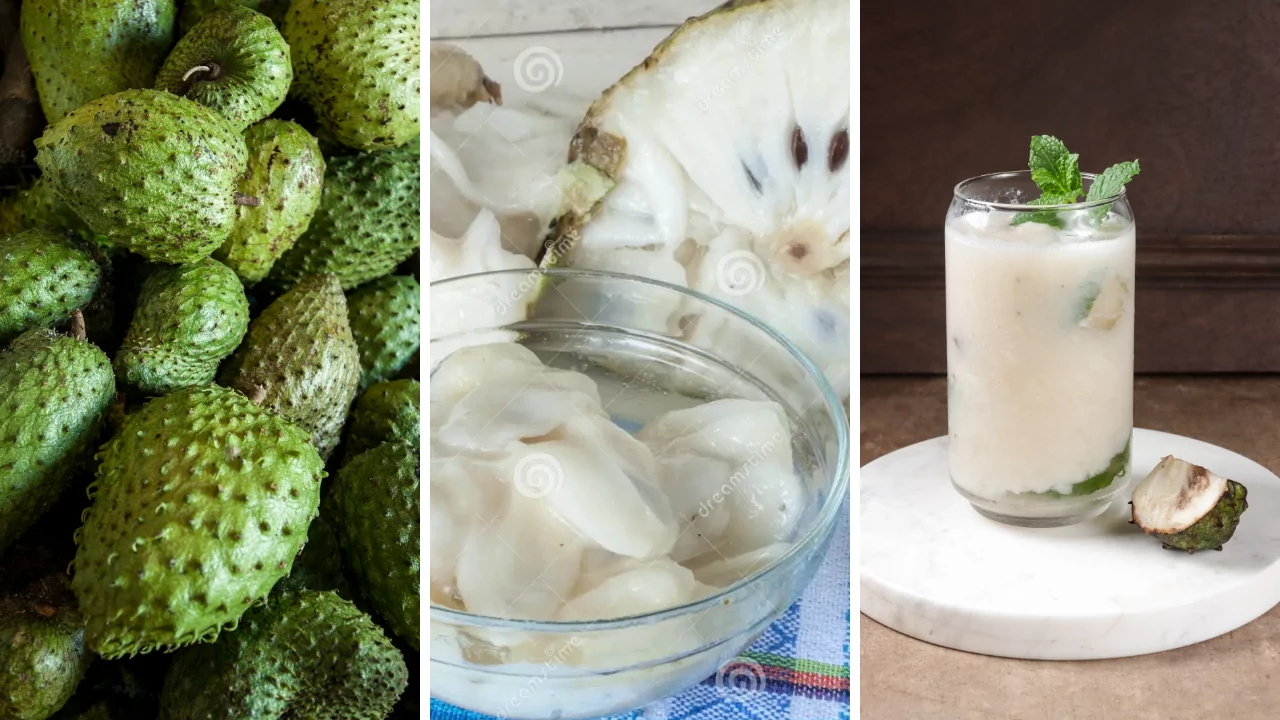
Step-by-Step Guide to Selecting Ripe Soursop
Choose a ripe soursop by gently pressing it—ripe fruit should yield slightly. Look for dark green to yellowish-green color with soft spines and no dark spots. If it’s unripe, leave it at room temperature for a few days until it softens.
Preparation Methods (Cleaning, Peeling, Deseeding)
Wash the soursop under running water to remove dirt and pesticides. Cut it in half lengthwise and scoop out the creamy flesh, avoiding the seeds, which are toxic. Discard the seeds and either blend the pulp with water or strain for a smoother juice.
Recipe: Simple Soursop Juice with Variations
Blend the soursop pulp with water in a 1:2 ratio (adjust for consistency). Add natural sweeteners like honey or agave syrup, or experiment with fruits like mango or pineapple for a tropical flavor. For extra freshness, squeeze in lime juice or add mint leaves. Serve over ice for a refreshing drink.
Soursop juice is an extraordinary beverage that transcends mere refreshment; it embodies the fusion of flavor, nutrition, and health benefits. From its antioxidant properties to its potential immune-boosting capabilities, soursop juice deserves a place in any health-focused diet.


 Juice Concentrate
Juice Concentrate Vegetable juice
Vegetable juice Juice Milk
Juice Milk Stand Up Pouches
Stand Up Pouches










